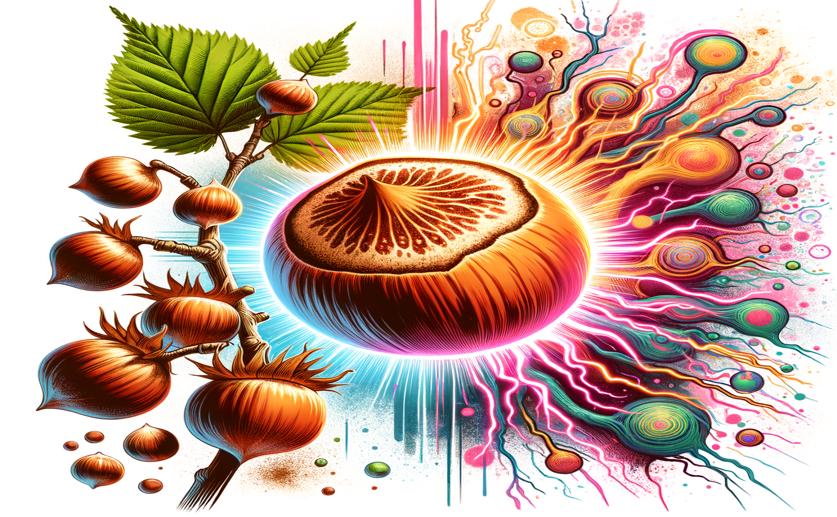
Hazelnut Extract Boosts Cancer Cell Death in Lung and Breast Cancer
Greg Howard
2nd July, 2024

Image Source: Natural Science News, 2024
Key Findings
- The study from Giresun University focused on the anticancer effects of Turkish hazelnut leaf extracts on lung and breast cancer cells
- Hazelnut leaf extracts significantly reduced the viability of lung and breast cancer cells in a dose-dependent manner
- The extracts induced apoptosis in cancer cells, confirmed by the presence of key apoptotic markers
- Hazelnut leaf extracts also inhibited the migration of cancer cells, suggesting potential to prevent cancer spread
References
Main Study
1) Inducing Effect of Corylus avellana on Cytotoxic Activity in Lung and Breast Cancer Cells via Apoptosis
Published 1st July, 2024
https://doi.org/10.1007/s11130-024-01198-3
Related Studies
2) Effect of phenylalanine on Taxol production and antioxidant activity of extracts of suspension-cultured hazel (Corylus avellana L.) cells.
3) New synergistic co-culture of Corylus avellana cells and Epicoccum nigrum for paclitaxel production.
4) Viability-reducing activity of Coryllus avellana L. extracts against human cancer cell lines.



 29th June, 2024 | Greg Howard
29th June, 2024 | Greg Howard